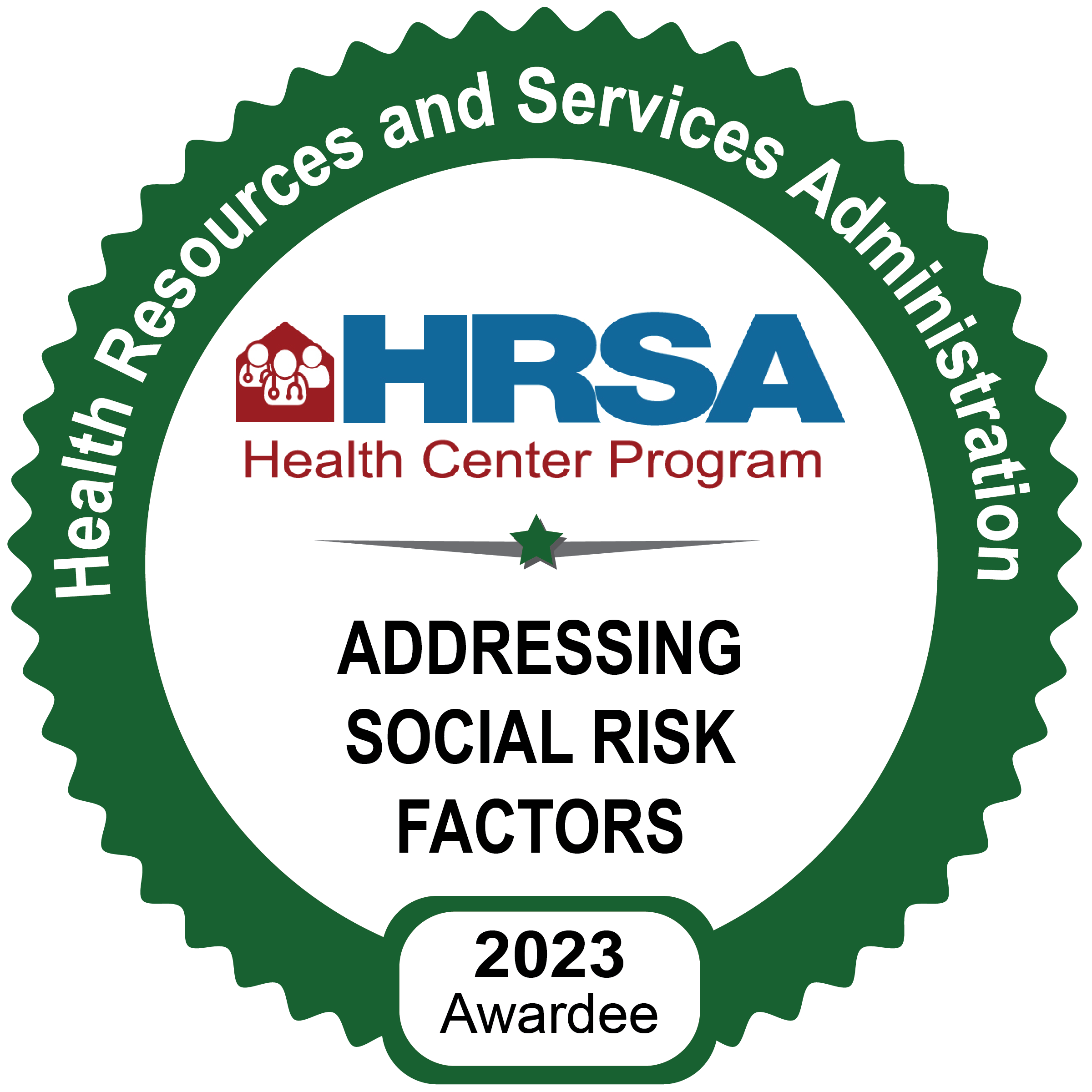by: Patrick Smith, MD & Janine Pearce-Vasquez, LPC
If you’re worried about your kids’ mental health, particularly because of the Covid-19 pandemic and social distancing mandates, less screen time and more extracurricular activities will help, says a new study from the University of British Columbia. Adolescents, especially girls, who spend more time in extracurricular activities and less than two hours of recreational screen time after school have better mental health.
Teenagers who participated in extracurricular activities such as sports, arts, community programs and others as well as less screen time like computer games, browsing the internet, or watching programs have higher levels of satisfaction with life and optimism as well as lower levels of anxiety and depression. Having happier children leads to great benefits such as healthier behaviors & weight, better academic performance, less suicides & harmful behaviors, less criminal activity, less teenage pregnancy and less substance use. For both boys and girls, mental health and wellbeing were improved with participation in extracurricular activities and less than two hours of recreational screen time per day.
Due to the ongoing coronavirus pandemic, finding extracurricular activities is not as easy as it had been previously. Still, finding something healthy and productive for teens is vitally important. Positive activities are important for the mental and emotional wellbeing of all children. For more serious mental health issues or behaviors—try talking with school or community counselors, religious leaders or contacting Colorado Crisis Services at 1-844-493-8255 or text “TALK” to 38255
Here are some ideas for positive activities to do with your child:
1. Sports
a. School & community based leagues such as soccer, basketball, football, track & field, cross country, volleyball, wrestling and more
b. Home based with running, swimming, martial arts, skiing, skating, yoga, dance, etc.
2. Arts—acting, singing, choir, painting, theatre, home arts & crafts activities.
3. Board games such as chess, Monopoly, checkers, etc.
4. Outdoors activities—going to the park, walk around the neighborhood, go hiking, climb mountains, fishing, hunting, archery.
5. Volunteering—religious group projects, civic organizations, nursing homes, animal shelters, community food banks.
6. Family activities—teach your kids how to cook, eat together, go for walks, talk about family history, play games, do things together, home projects, go for road trips, get











